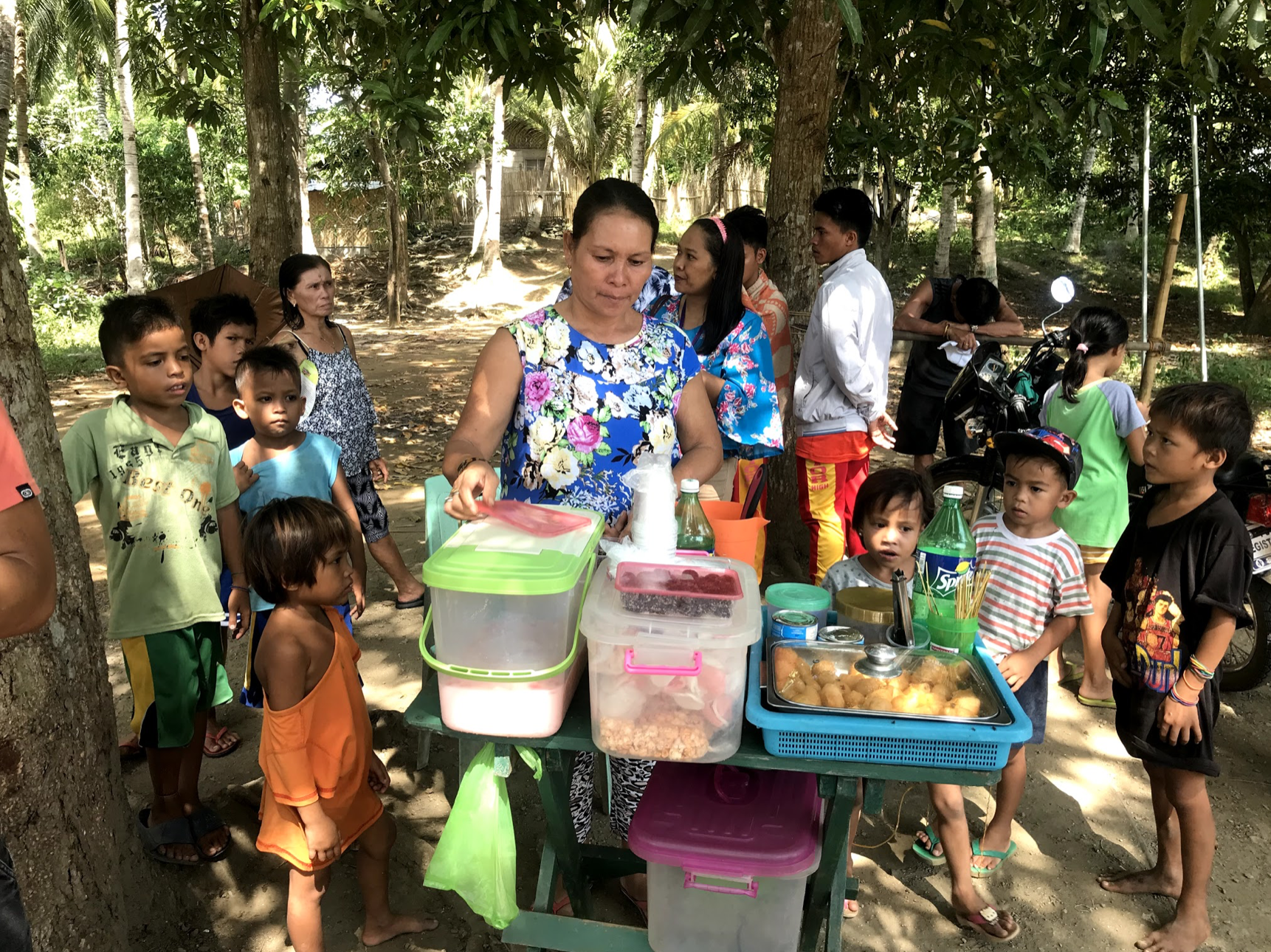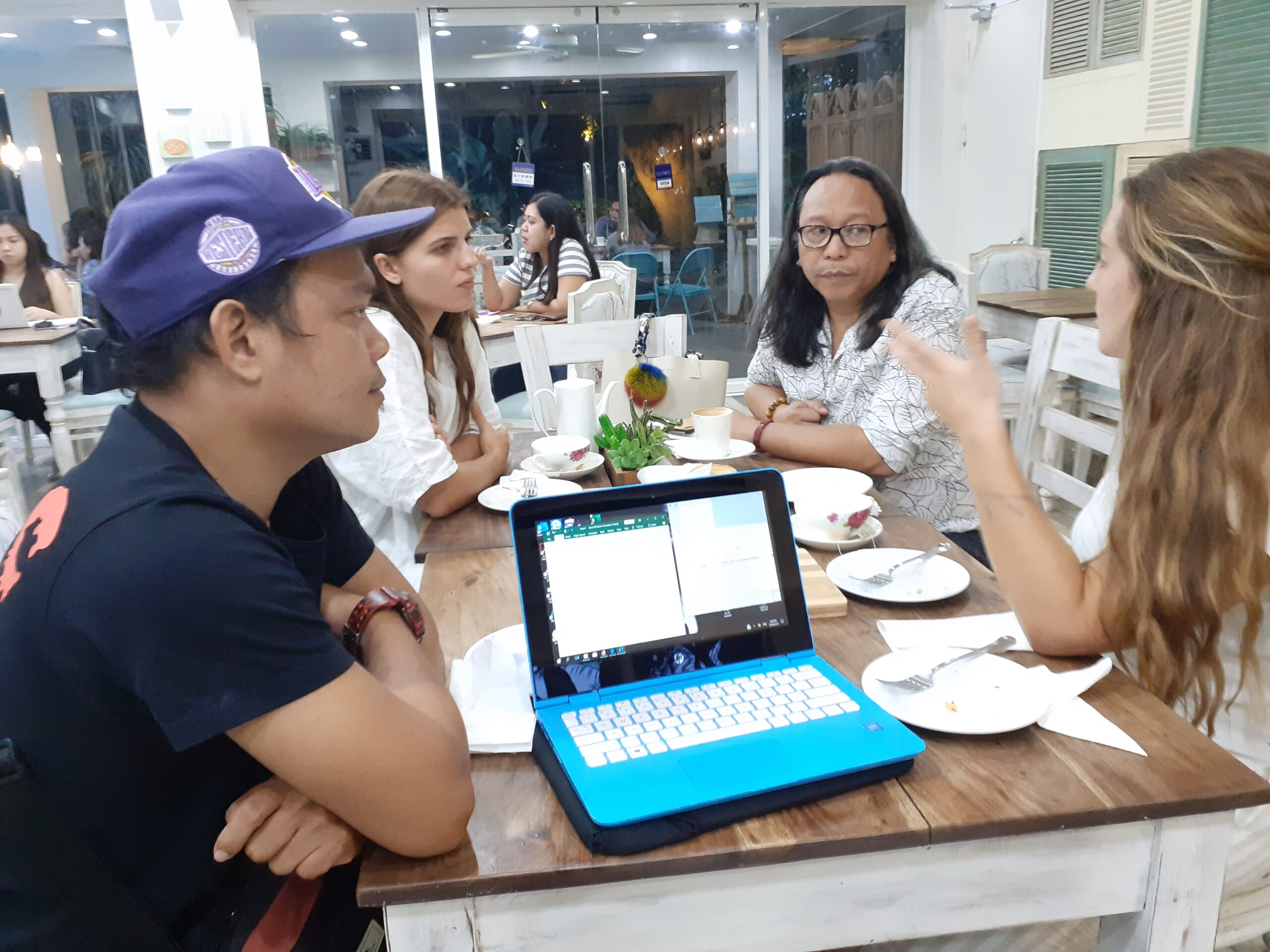Changing Access to Capital
April 22, 2021
Wisconsin Microfinance is dedicated to providing access to capital for marginalized communities in Haiti and the Philippines. Access to capital in the developing world is often limited to those with wealth that live in cities. The poor lack of both previous borrowing experience and collateral, and the money that may be available to them to borrow comes at a very high-interest rate and is not from an existing financial institution.
In many poor communities, using your home as collateral is not possible because of undocumented property ownership. Without access to capital, it is very hard for many of the poor to reap the full rewards of their labor. Muhammad Yunus, the founder of microfinance, in his book Banker to the Poor: Micro-Lending and the Battle against Poverty writes, “If you go out into the real world, you cannot miss seeing that the poor are poor not because they are untrained or illiterate but because they cannot retain the returns of their labor. They have no control over capital, and it is the ability to control capital that gives people the power to rise out of poverty.”
 Pancresia was able to open a snack stand with the help of a loan from Wisconsin Microfinance.
Pancresia was able to open a snack stand with the help of a loan from Wisconsin Microfinance.
At the same time, we are seeing capital crossing national borders as corporations increase their presence in developing countries and foreign direct investment has surged. While these corporations and investments promote job growth and economic activity, the profit from these businesses does not stay in the country, resulting in a drain of capital away from the developing world. Thus, the easy movement of money into and out of the developing countries primarily benefits the developed world.
Those who live in rural areas (the target population for Wisconsin Microfinance) face even larger hurdles as most financial institutions do not serve populations outside of cities. Rural communities in the developing world are the most vulnerable to poverty and the people who live there are literally and metaphorically trapped by a financial system that does not recognize the poor.
Microfinance is an incredibly powerful tool in providing capital to underserved and marginalized individuals and communities. Through microloans, individuals are able to access capital to develop business ideas or expand existing businesses. Small amounts of capital can go a very long way in poor communities. Wisconsin Microfinance ensures that its loan recipients have a plan of action for their loans so that individuals are not trapped in debt. The goal of Wisconsin Microfinance is to help individuals grow a sustainable income, invest in their children’s education, and improve their overall quality of life. The work of Wisconsin Microfinance has enabled individuals to escape poverty, better the lives of their families, and reap the benefits of their labor.
 Wisconsin Microfinance interns speaking with VICTO staff, our local partner in Bohol, Philippines.
Wisconsin Microfinance interns speaking with VICTO staff, our local partner in Bohol, Philippines.